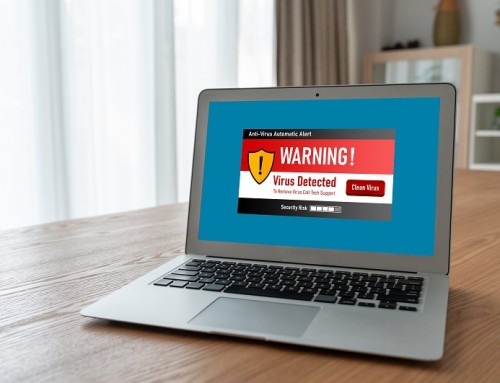Cell phones are becoming increasingly popular targets for hackers. As we do more business and financial transactions from our phones, they become just as valuable to cybercriminals as a compromised PC. Smishing (a combination of “SMS” and “phishing”) is the most common way for a cell phone to be attacked. Much like phishing, a target will receive a text message pretending to be legitimate, asking for money, sensitive info, or trying to push malware.
Common tactics include:
– Promise of gift cards, prizes, or money for providing information
– Credit card offers with low or no interest
– Student loan or other debt assistance offers
– Impersonating financial institutions to request sensitive info
– Fake invoices that ask you to contact a billing department if incorrect
These text messages can lead to malicious websites, push harmful files, or gather sensitive information you wouldn’t normally divulge to a stranger.
How to protect yourself?
If you receive an obviously malicious or spam text, you can block the number from contacting you in the future. Some wireless providers also allow you to block calls and texts through them directly, check ctia.org for more info.
Some texts, however, are harder to tell if they are legitimate or not. In these cases, we strongly recommend contacting the supposed sender via an alternate method. For example, if it is someone claiming to be your bank, don’t respond to the text, but rather, look up the bank’s public contact info online and call them via that number to confirm the request. If it’s an employer, email or call their office number to verify that the text came from them.
You also have the option to report any spam or fraudulent text messages. There is usually a way to report something as spam or fraud directly through your phone. You can also copy the message and forward it to 7726 (SPAM) or report it to the Federal Trade Commission at ReportFraud.ftc.gov.
Here at Layered Systems, we have seen an increase in the amount of fraudulent and smishing texts to our clients, which we’ve helped mitigate with our expert advice and assistance. If your business has security concerns, Contact Us today to learn more about how we can help your business stay secure.







